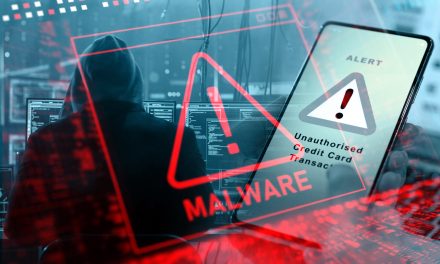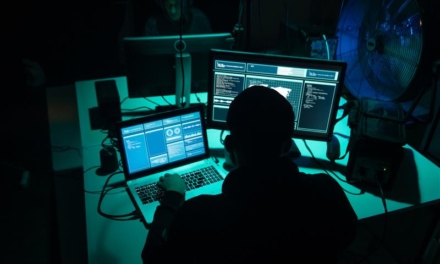Global over-reliance on GPS is creating gaping vulnerabilities for cyberattackers and state-sponsored actors to exploit and hold the world hostage with.
The invention of the global positioning system (GPS) in 1973 has been a significant benefit to society. Instead of memorizing maps or printing out driving instructions, people could use small navigational devices to find their way around.
Today, the global economy relies heavily on its use in domestic and commercial settings, to the point that any signal outage can lead to prolonged supply chain disruptions and even hazards.
Over the years, with the progressive miniaturization of GPS circuitry and widespread affordability and accessibility, this satellite-based technology has become much more fragile than many would expect.
If the world has become so dependent on GPS, what would happen if a major cyberattack were to crash major GPS networks? Here is a look at what could happen, and why the world urgently needs a failsafe technology to resort to, should a GPS disaster occur.
Vulnerable to cyberattacks
Since GPS devices such require a cellular radio or Bluetooth connection, they are susceptible to hacking. Anyone who can infiltrate a global positioning system can perform GPS ‘spoofing’—to fakes the location of a device in order to broadcast spurious navigation guidance—possibly to lead users off track and even to somewhere dangerous (think kidnappings, hijackings and waylaying of precious cargo).
For example, a parent using a GPS tracker to monitor her child could be tricked into believing her child is somewhere else. In fact, Avast had found widespread security flaws in some 600,000 GPS child trackers that were incredibly vulnerable to attacks.
Imagine hackers gaining the ability to control who can see a device’s location, or to feed fake navigational data to large groups of law enforcement officers or users whose livelihoods depend on timely travel schedules: since society has become so dependent on GPS, any series of coordinated attacks could cascade into widespread chaos. As the world saw when the Ever Given got stuck in the Suez Canal, lasting global supply chain shortages and economic hiccups can happen.
Also, while many self-driving cars have yet to hit the roads, hackers have already started to explore ways to get into these connected devices: when such autonomous vehicles go into full-scale deployment, coordinating intrusions into their GPS system could be disastrous.
So, how is the world addressing these emergent and mounting GPS vulnerabilities?
Hardening GPS to attacks
A case in point: South Korea—in preparation for possible attacks by the North—is beginning to change how its global positioning systems work.
Whereas the current system relies on satellites to transmit information, the new Enhanced Long-Range
Navigation (eLoran) system uses radio transmitters, which are much harder to interfere with. While the country does not plan to use this technology as its primary location source, having an alternative during emergencies will be highly prudent.
And then there are firms choosing to rely on machine learning (ML) to combat GPS hacking. By combining ML and sensors, researchers can rely on detailed digital maps to a smart navigational device to plot optimal routes on its own without having to rely on satellites. Without a vulnerable digital connection to intercept, hackers will have greater difficulty hijacking autonomous robots or delivery fleets to steal information and goods.
Finally, some organizations are looking at ‘early jamming detection’ to stop any suspicious signal jamming or interception before anything malicious even has a chance to launch. Last year, Spire Global accidentally discovered that its satellites were able to detect jamming. During satellite calibration processes, the firm had found ‘loud’ signals’ that were drowning out the typically weak signals emitted from satellites. This was a trait of signal jamming attempts, and because of the discovery, the firm even pivoted into the signals intelligence (SIGINT) sector to help governments to monitor GPS incidents and even triangulate where the jamming signals originate.
In the Asia Pacific region, where GPS hacking has been increasing in frequency, early jamming detection and geolocation of GPS hackers will be invaluable for national defense purposes.
Zac Amos loves writing about cybersecurity, artificial intelligence and all topics involving tech. You can find more of his writing on ReHack or by following him on Twitter and LinkedIn.





















